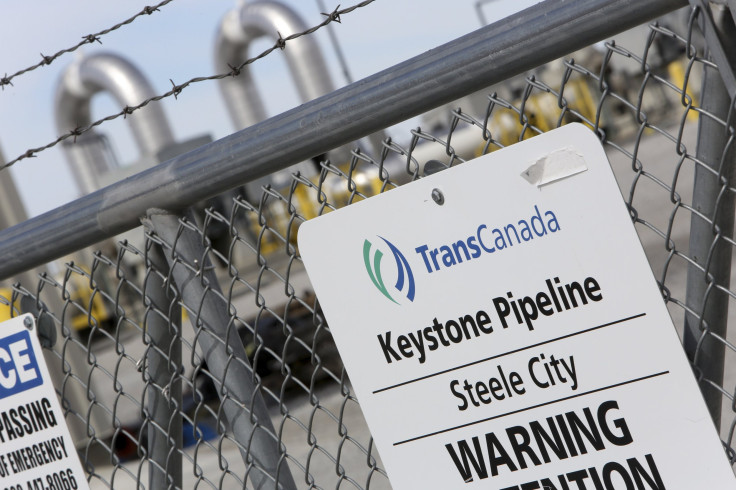Keystone XL Pipeline Project Vote: Oil And Gas Industry Gave $250K To Senators Who Voted 'Yes'

The oil and gas industry gave nearly $250,000 to each of the 62 senators who voted in favor of the controversial Keystone XL pipeline project late last month, according to MapLight, a nonpartisan research organization that tracks the influence of money in politics. The revelations come as the House of Representatives is set to vote on and expected to pass the Senate legislation Wednesday that would approve the pipeline and start transferring oil in western Canada to refineries on the Gulf Coast. President Barack Obama has threatened to veto the project on a number of grounds, including environmental concerns.
The oil and gas industry, which stands to benefit from the Keystone XL pipeline, gave $236,544 on average to the senators who voted yes on Keystone, or about 10 times more than the senators who voted no. The 36 senators against the pipeline received about $22,882 apiece in campaign contributions from the oil and gas industry. There was no data on contributions to House members.
Sen. John Hoeven, R-N.D., the sponsor of the Keystone Senate bill, received about $275,000 from the industry, according to MapLight, but he wasn’t the biggest beneficiary of oil and gas industry money in the Senate. That distinction goes to Sen. John Cornyn, R-Texas, who has received more than $1 million from the industry, which is important to Texas. The Democratic co-sponsor of the Keystone bill, Sen. Joe Manchin of West Virginia, received about $200,000 from the industry -- the biggest beneficiary of oil and gas money among Democrats. But there were 24 Republicans who got larger contributions from the industry than him.
The petroleum refining and marketing industry, which is among the biggest backers of the Keystone pipeline, also gave about 10 times more money to senators who voted yes on Keystone than those who voted against it, according to MapLight. Those in the yes camp received about $47,325 on average from the industry while those who voted no received about $3,600.
© Copyright IBTimes 2024. All rights reserved.






















